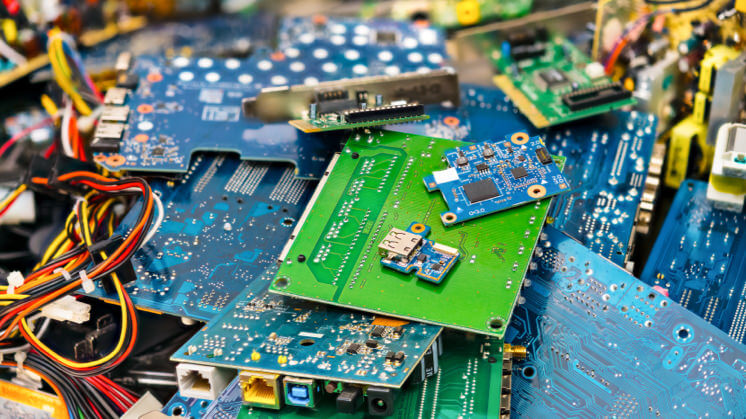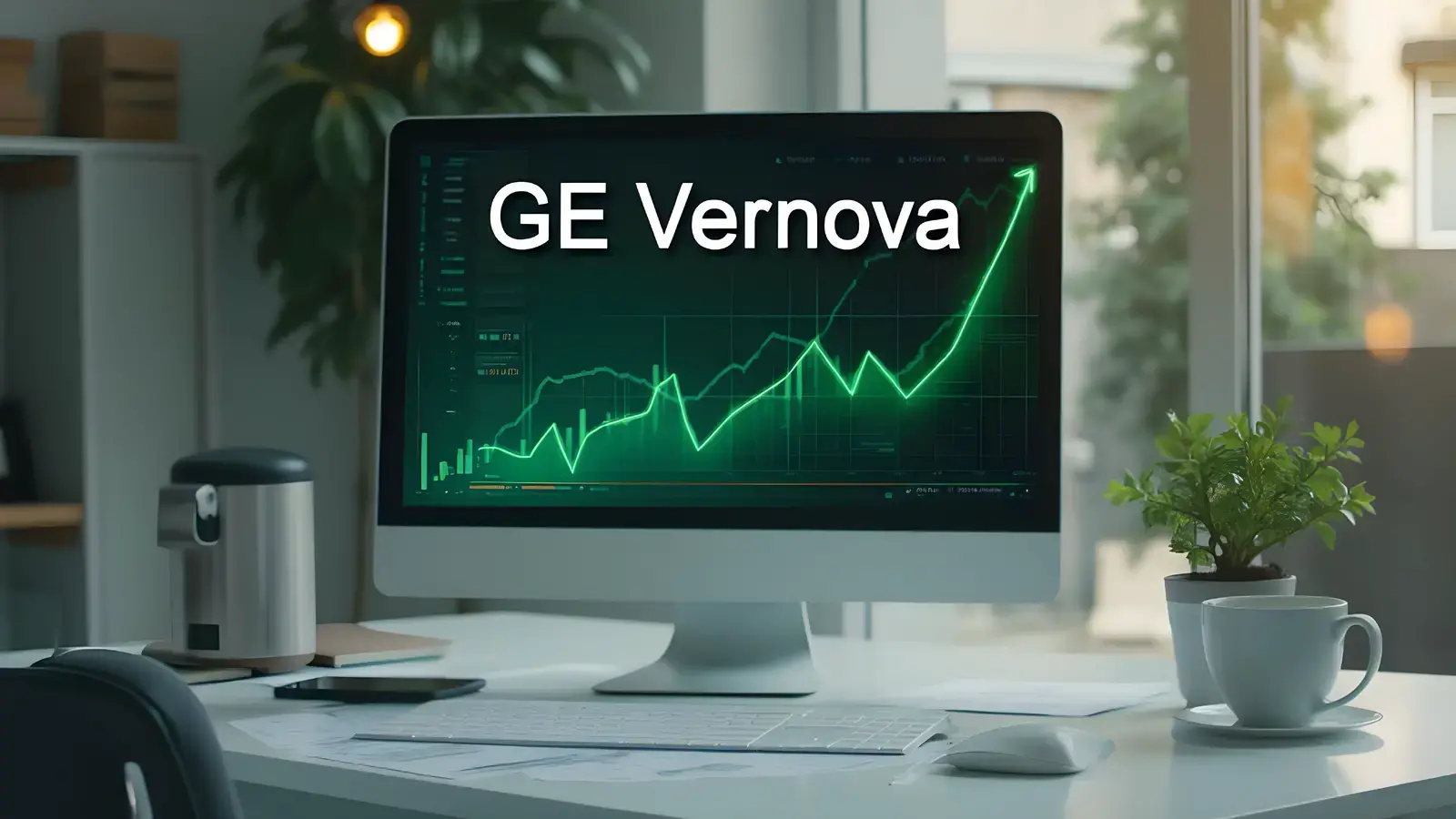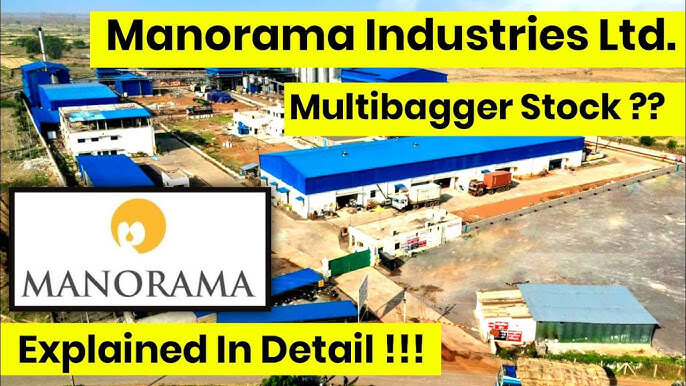
Namo eWaste Management Ltd is stepping up to tackle a major challenge: recycling lithium-ion batteries. With India’s electric vehicle (EV) market expected to grow significantly—projected to hit around 132 GWh by 2030—the demand for effective battery recycling is soaring. Research from JMK estimates that this could mean a $1 billion (around ₹8,000 crore) opportunity for battery recycling in India.
Why is Lithium-Ion Battery Recycling So Important?

Recycling lithium-ion batteries is crucial for a few key reasons:
- Limited Resources: Metals like lithium and cobalt, which are used in batteries, are rare and expensive to mine. Recycling helps maintain a steady supply and keeps costs down.
- Environmental Impact: Old batteries can pollute the environment if not disposed of properly. Recycling helps prevent this pollution by safely handling end-of-life batteries and recovering valuable materials.
- Economic Sense: Recycling isn’t just good for the planet; it’s also smart for business. As demand for these metals rises, recycling becomes essential for keeping prices stable.
Namo eWaste’s Exciting Plans
Namo eWaste is gearing up to launch a lithium-ion battery recycling plant in Nashik by Q4 2025. Here are some highlights of their strategy:
- Growing Revenue: The battery recycling segment already contributes about 7% to Namo’s total revenue. They’ve secured contracts with major battery manufacturers to supply recycled metals.
- A Decade of Experience: Namo has spent the last ten years successfully recycling electronic waste (e-waste). Now, moving into lithium-ion battery recycling is a promising next step.
- Government Support: The Indian government is likely to introduce incentives for battery recycling plants, creating even more opportunities for Namo.
What Industry Leaders Are Saying
In a recent interview, the promoter of Namo eWaste shared exciting news about their new 80K MTA plant in Ahmedabad, Gujarat. This facility is set to become India’s largest e-waste recycling center! With this expansion, Namo aims to meet the growing demand for sustainable recycling solutions.
Eco Recycling Ltd, another key player, highlights the government’s commitment to recovering valuable materials from e-waste. They see lithium-ion battery recycling as the best way to meet rising demands for rare metals, especially with the government’s support through the Production-Linked Incentive (PLI) scheme.
Useful Resources
For more insights into lithium-ion battery recycling, check these links:
- Government Initiatives on E-Waste Management
- Industry Analysis of Lithium-Ion Battery Market
- Namo eWaste Management’s Official Website
Conclusion: A Bright Future for Recycling
Namo eWaste Management Ltd is poised to make a significant impact in the recycling industry. With their new lithium-ion battery recycling plant and strong government support, they are ready to lead the way toward a greener and more sustainable future. As India embraces electric vehicles, Namo is set to provide the necessary recycling solutions to support this exciting transition.
Disclaimer: The projections of potential returns are based on current market conditions and company performance. Actual results may vary due to various factors, including market dynamics, economic conditions, and changes in the competitive landscape. Investors should conduct their own research and consult with financial advisors before making investment decisions.
For insights on potential multibagger stocks, visit our affiliate site: www.multibaggerhunt.com.





